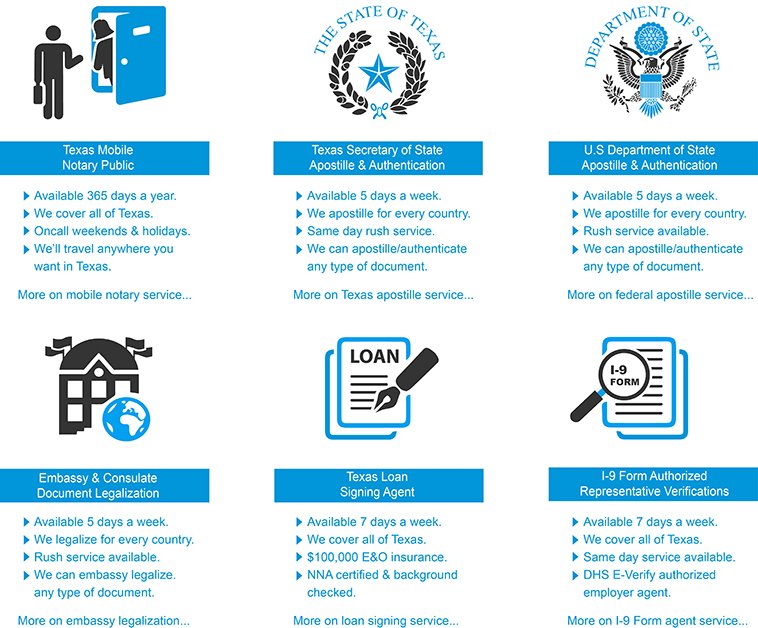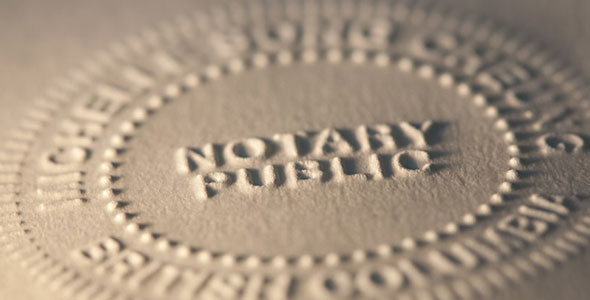Debunking Notarial Work: Streamlining the Role and Relevance of Notaries
In the detailed web of lawful paperwork and confirmation, notaries stand as pillars of guarantee and credibility. Their function, typically shrouded in mystery for many, brings significant weight in ensuring the credibility and stability of important files. As guardians of validity and truth, notaries play an essential part in our society, yet their job is not always completely comprehended. By untangling the complexities losing and bordering notarial methods light on the relevance of their acts, a more clear understanding emerges of the important role notaries play in supporting the textile of contractual and lawful arrangements.
The Background of Notarial Job
The background of notarial job days back to ancient people, where scribes played a crucial duty in recording crucial information and authenticating records. This led to the development of notaries, individuals assigned by the state to act as unbiased witnesses in lawful issues.
Throughout the Middle Ages, notaries got prestige in Europe, with their functions expanding to include composing legal files, licensing signatures, and protecting documents. The surge of international trade additionally stressed the importance of notarial job in verifying agreements and arrangements throughout borders.
In the modern-day era, notaries remain to play a vital duty in lawful and service transactions by verifying identities, validating the authenticity of documents, and avoiding fraud. Their function in certifying the legitimacy of agreements adds a layer of safety and depend on to the ever-evolving landscape of commerce and legislation.

Tasks and Responsibilities of Notaries
Notaries play an important function in validating the credibility of files and the identification of signatories. One of their key responsibilities is to witness the finalizing of crucial documents, such as wills, agreements, and actions, to make certain that all events are getting in into arrangements knowingly and willingly.
They accredit copies of initial records, supplying guarantee to organizations that the copies are real reproductions of the originals. Overall, the duties and obligations of notaries are crucial in safeguarding the honesty and legality of various documents and purchases - Apostille.
Notarial Certificates and Signatures
Exhibiting precise interest to information, notarial certificates and signatures work as vital components in verifying the credibility of lawful papers. Notarial certificates commonly include crucial details such as the day of registration, the names of the signatories, a description of the document, and the notary's main seal. These certifications give a clear record of the notarial act, ensuring that the document can be conveniently recognized and traced back to the notary who looked after the process.
Trademarks play a critical function in notarial job, as they represent the contract and authorization of the events included. Notaries carefully witness the signing of files to confirm the identification of the signatories and verify that they are authorizing of their own complimentary will. By attaching their main seal and trademark to the document, notaries accredit that the essential procedures have been followed and that the record is enforceable and legitimate.
In essence, notarial certifications and signatures are the trademark of credibility in lawful deals, supplying guarantee to all events included that the files are genuine and binding.
Relevance of Notarial Acts

Registration Refine Clarified
The registration procedure commonly begins with the specific providing the file to a notary public. Once the identity is confirmed, the notary makes certain that the specific signing the document does so willingly and without any kind of browbeating.

Conclusion

Notarial certificates usually have vital details such as the date of notarization, the names of the signatures, a description of the paper, and the notary's main seal. These certifications provide a clear document of the notarial act, ensuring that the file can be easily determined and mapped back to the notary who managed the procedure.
By fastening their main seal and trademark to the document, notaries certify that the required procedures have actually been complied with and that the paper is legitimate and enforceable.
By web link confirming the identity of the notaries, verifying their desire to get in right into the arrangement, and accrediting the day and location of the finalizing, notaries play an important function in supporting the validity of legal files.After the file is signed, the notary will attach their main seal or stamp onto the paper.